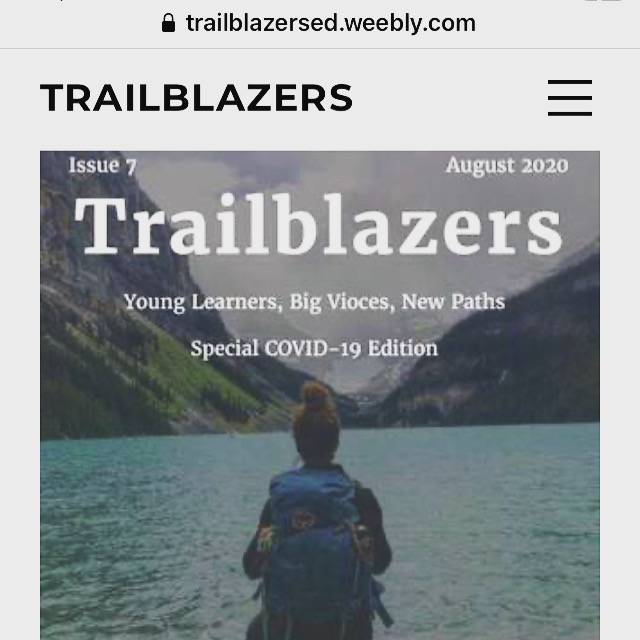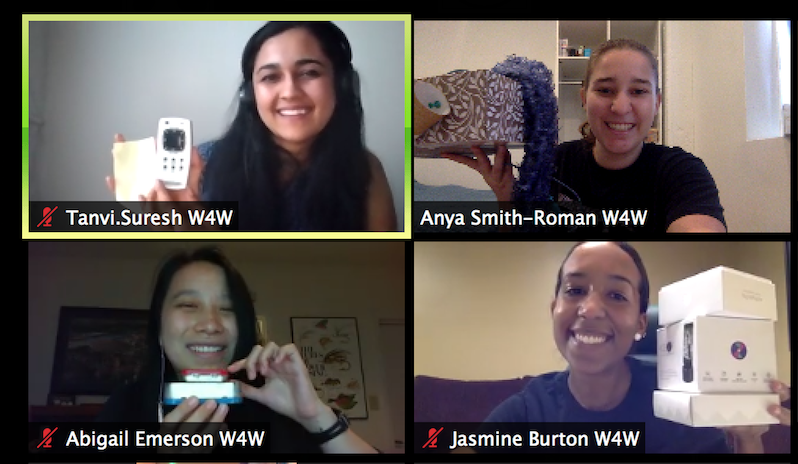First work trip as a full time staff member of Education Reimagined has taken me to Minneapolis for the first annual Bridgemakers National Conference. This conference has been specifically created to organize youth leaders 18-25 in order to amplify the voices and mentor the leadership of under-served youth to bridge America’s toughest gaps. In short, “Nothing about us, without us.”
Today was the first full day of programing and what I’ve found myself really taking away was the emphasis on leading with vulnerability. Part of why the idea of leading with vulnerability struck me is because this is now the second time this concept has come up so explicitly in an education context for me, and the other time was only earlier this year. While attending a session at SXSW Edu back in March 2022, I hear Dr. Brooke Stafford-Brizar propose the notion, “When we’re most vulnerable is when learning takes place.”
If I’ve learned anything from my years of schooling it’s that when a concept comes up twice, you better highlight it and put a gold star next to the title because it’s sure to be important and come up again.
I found it particularly cool that we didn’t just talk about the importance of leading with vulnerability, but we actually got a chance to start practicing this action as we began crafting our “public narrative.”
Your public narrative lets everyone know where you come from and how your personal values shape the issue you are talking about. Specifically, the youth facilitator broke down a public narrative into 3 steps:
- Story of Self
- Story of Us
- Story of Now
You start by sharing who you are and how your past challenges and opportunities shaped what you value. Then you connect those values to the values of the community as you consider what brought the group together. Finally you connect the community’s challenges and opportunities to the world as you consider the global context that your community is responding to.
As we worked in partners and small groups throughout the day, it was humbling to see everyone sharing so authentically and unapologetically with a room essentially full of strangers. To give an idea of the scope of what was shared: there were stories of youth serving as family breadwinners, surviving childhood abuse, being homeless, and almost going to jail. These same youth are now winning law suits against the state for youth unemployment rights, running non-profits to fight social injustice, influencing millions on social media, and organizing national movements.
No one likes to be defined by their past, but it also shouldn’t be hidden. Our past experiences are unique and valid and influential in shaping who we are today, and that is worth sharing because your context can totally re-frame a situation.
There is often a perception that leaders have to be closed off and can’t afford to be vulnerable, but in reality, vulnerability fosters connection which can be key to mobilizing change.






























